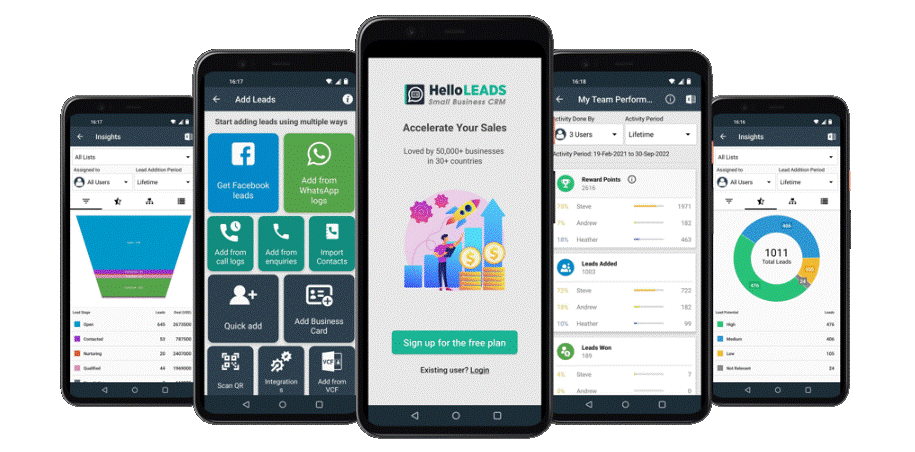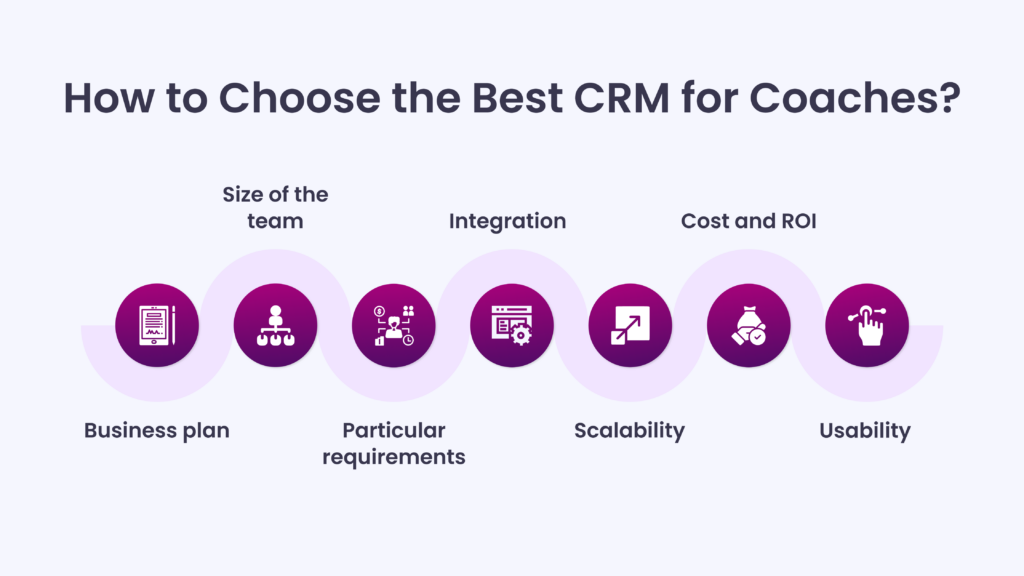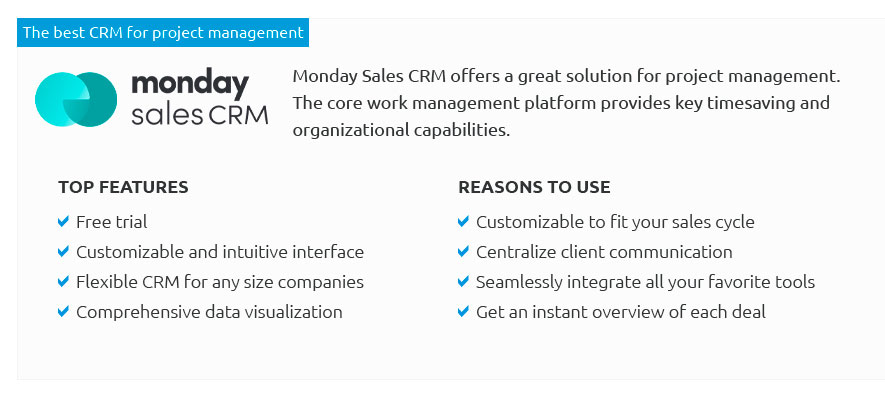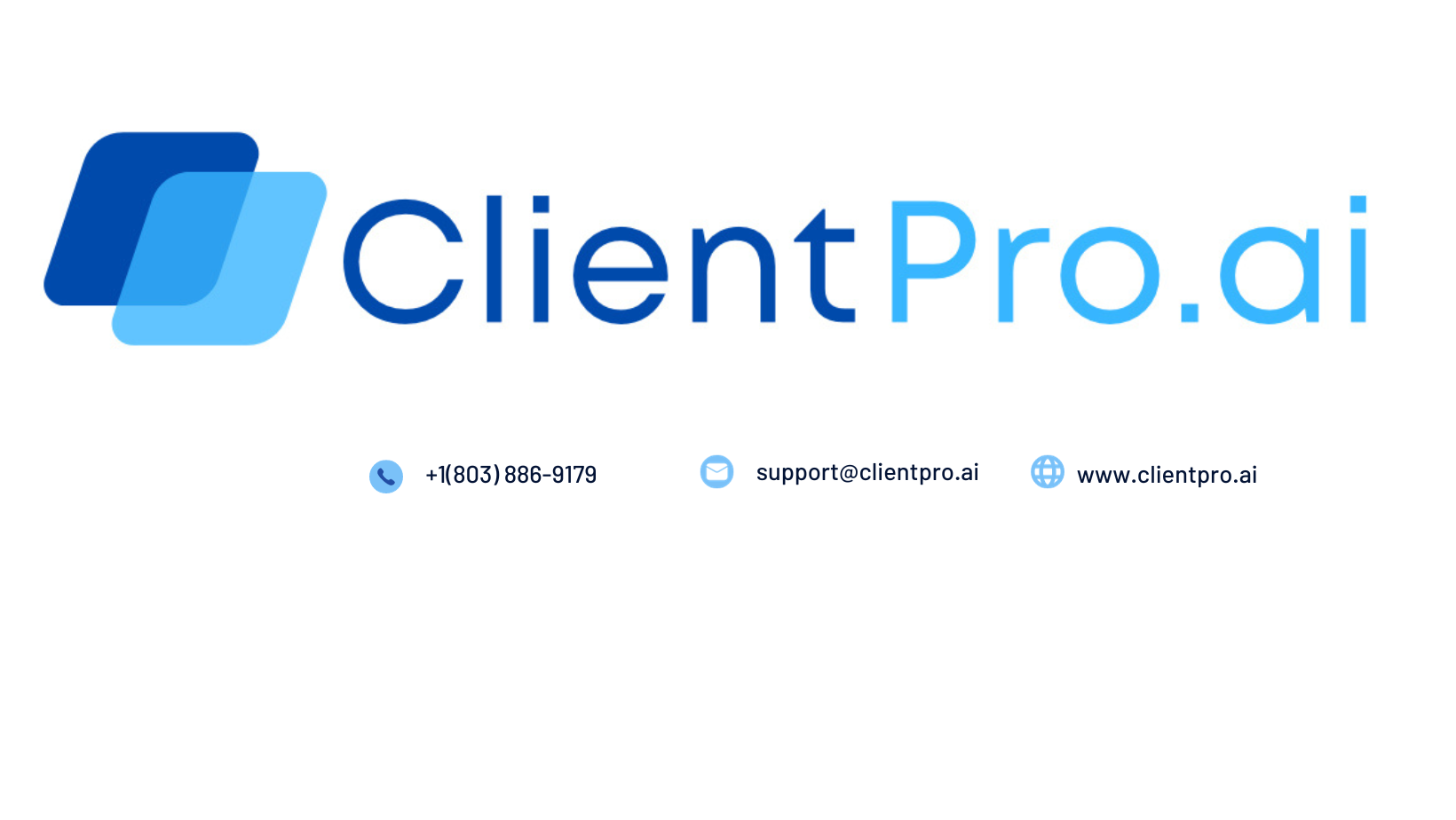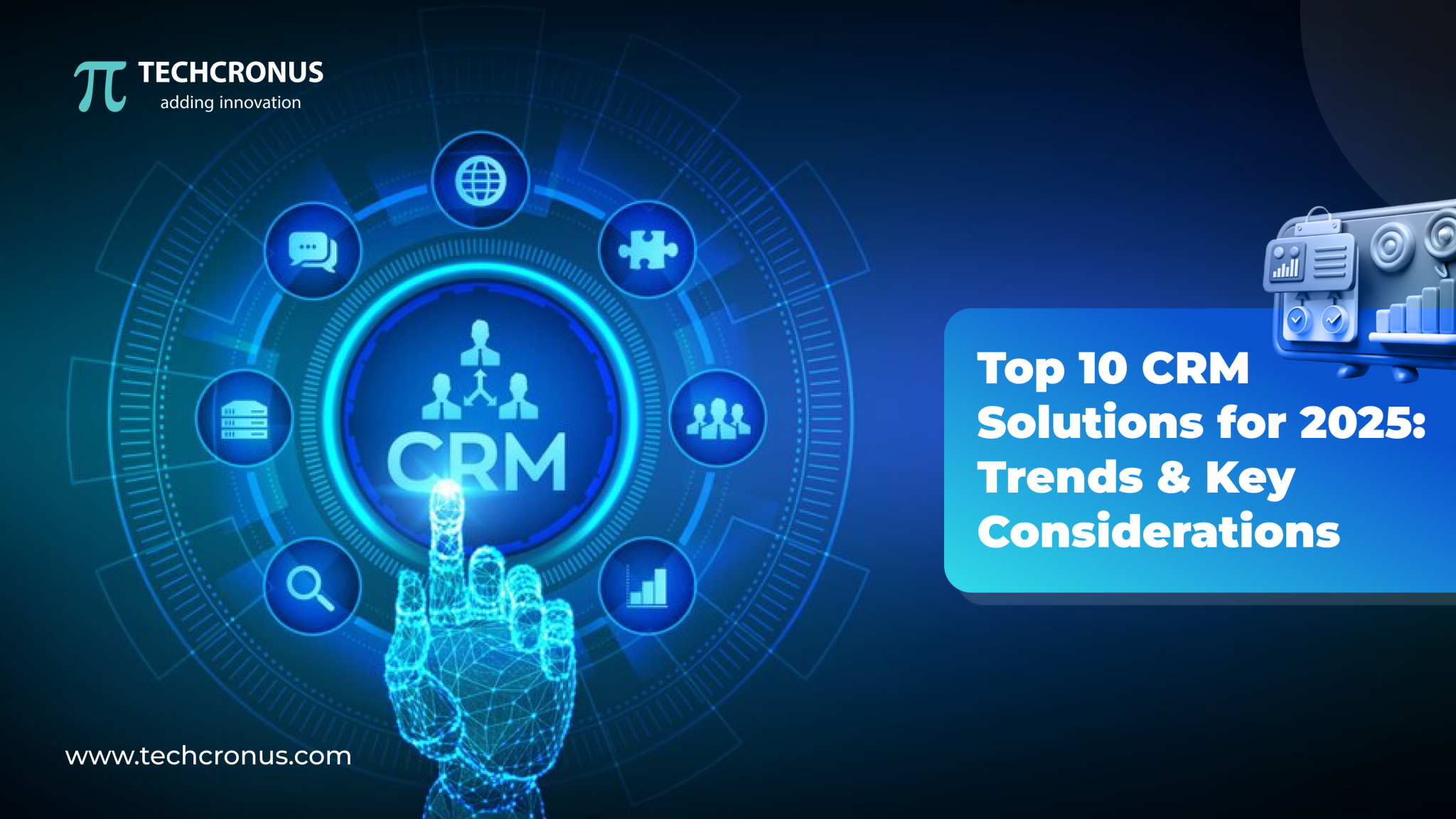Unlocking Your Photography Business Potential: The Best CRMs for Small Photography Studios
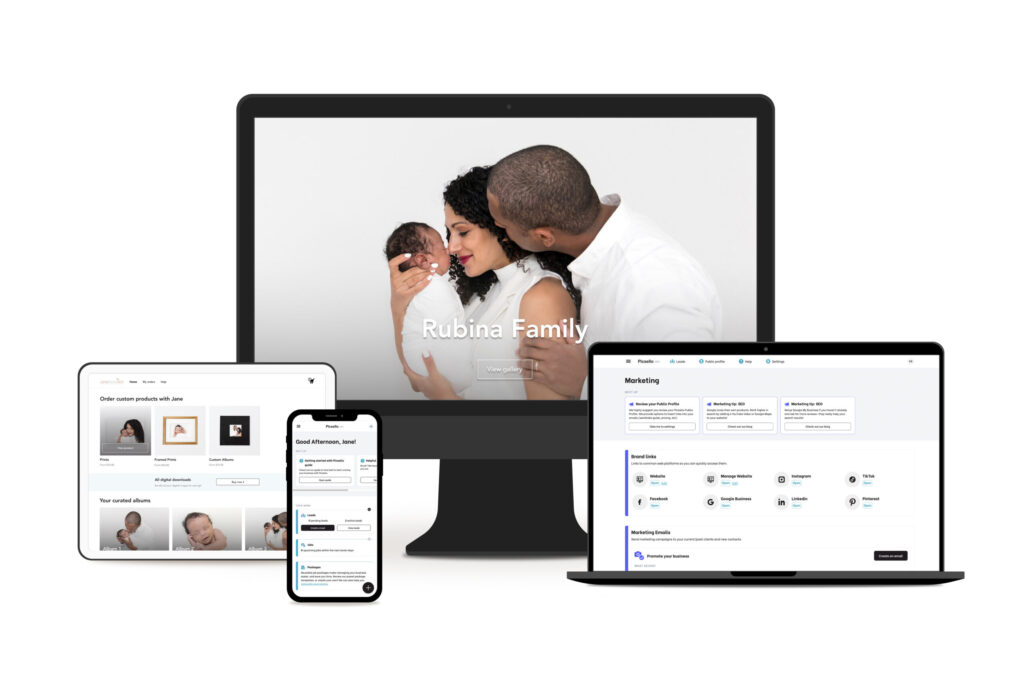
Unlocking Your Photography Business Potential: The Best CRMs for Small Photography Studios
Running a photography business, especially a small one, is a juggling act. You’re not just a creative artist; you’re also a marketer, salesperson, accountant, and customer service representative. That’s a lot to handle! In the midst of all this, it’s easy for client communication to fall through the cracks, for leads to get lost, and for the administrative side of your business to become a headache. This is where a Customer Relationship Management (CRM) system comes in. Think of it as your digital organizational powerhouse, designed to streamline your workflow and keep everything running smoothly. This article will delve into the best CRMs specifically tailored for small photography businesses, helping you choose the perfect one to elevate your business.
Why Your Photography Business Needs a CRM
Before diving into the specifics of the top CRM choices, let’s explore why a CRM is an indispensable tool for any small photography business. In a nutshell, a CRM helps you:
- Organize and Centralize Client Information: Say goodbye to scattered spreadsheets and overflowing email inboxes. A CRM centralizes all client data – contact details, communication history, project specifics, invoices, and more – in one accessible place. This means you have all the information you need at your fingertips, making it easier to provide personalized service.
- Streamline Communication: From initial inquiries to final delivery, a CRM lets you automate and manage your communication with clients. You can set up automated email sequences for follow-ups, appointment reminders, and thank-you notes. This saves you valuable time and ensures that you stay top-of-mind with your clients.
- Manage Leads and Sales: A CRM helps you track potential clients (leads) through the sales pipeline. You can easily see where each lead is in the process, identify any bottlenecks, and nurture them with targeted communication. This leads to more conversions and increased revenue.
- Improve Customer Service: With all client information readily available, you can provide faster and more personalized customer service. You can quickly respond to inquiries, address concerns, and resolve issues, leading to happier clients and positive word-of-mouth referrals.
- Automate Tasks: CRMs automate many repetitive tasks, such as sending invoices, scheduling appointments, and following up with leads. This frees up your time to focus on what you do best: taking stunning photographs.
- Boost Efficiency: By automating tasks, centralizing information, and streamlining communication, a CRM significantly boosts your overall efficiency. You can get more done in less time, allowing you to take on more clients and grow your business.
In essence, a CRM is an investment that pays dividends in terms of organization, efficiency, and client satisfaction. It’s about working smarter, not harder, and setting your photography business up for long-term success.
Top CRM Choices for Small Photography Businesses
Now, let’s explore some of the best CRM options specifically designed to meet the unique needs of small photography businesses. We’ll consider their features, pricing, ease of use, and overall suitability.
1. Dubsado: The All-in-One Solution
Overview: Dubsado is a powerhouse CRM that caters to photographers, designers, and other creative entrepreneurs. It’s a comprehensive platform that handles everything from lead capture to invoicing and project management.
Key Features:
- Lead Capture: Create custom contact forms and questionnaires to gather information from potential clients directly on your website.
- Workflow Automation: Automate a wide range of tasks, such as sending welcome emails, scheduling appointments, sending invoices, and following up on proposals.
- Project Management: Organize projects with tasks, deadlines, and progress tracking.
- Scheduling: Integrate with your calendar to allow clients to book appointments online.
- Invoicing and Payments: Create and send professional invoices and accept online payments.
- Contracts: Generate and send contracts with e-signature capabilities.
- Client Portal: Provide clients with a dedicated portal where they can view contracts, invoices, questionnaires, and project updates.
- Email Templates: Use pre-written email templates or create your own to streamline communication.
Pros:
- Comprehensive Functionality: Dubsado offers a vast array of features, making it a true all-in-one solution.
- Highly Customizable: You can tailor the platform to match your brand and workflow.
- Workflow Automation: Powerful automation capabilities save significant time.
- Client Portal: Provides a professional and organized experience for clients.
Cons:
- Steeper Learning Curve: The platform’s extensive features can be overwhelming for beginners.
- Pricing: While offering good value, the pricing can be more expensive than some other options, especially for larger teams.
Ideal for: Photographers who want a comprehensive, all-in-one solution and are willing to invest time in learning the platform. It’s perfect for those who want to automate a lot of their business processes.
2. HoneyBook: The Client Experience Champion
Overview: HoneyBook is another popular CRM for creative entrepreneurs, known for its focus on providing a seamless and enjoyable client experience. It excels at managing projects, communication, and payments.
Key Features:
- Lead Capture: Capture leads through contact forms and inquiries.
- Proposals: Create and send professional proposals with pricing options.
- Contracts: Generate and send contracts with e-signature capabilities.
- Invoicing and Payments: Create and send invoices and accept online payments.
- Project Management: Organize projects with tasks, deadlines, and progress tracking.
- Scheduling: Integrate with your calendar for online booking.
- Client Portal: Provide clients with a dedicated portal for communication, document sharing, and payment.
- Email Templates: Use pre-written email templates or create your own.
- Workflow Automation: Automate tasks such as sending invoices and follow-up emails.
Pros:
- User-Friendly Interface: HoneyBook is known for its intuitive and easy-to-use interface.
- Emphasis on Client Experience: The platform is designed to provide a smooth and professional experience for clients.
- Beautiful Templates: Offers visually appealing templates for proposals, contracts, and invoices.
- Strong Customer Support: HoneyBook provides excellent customer support.
Cons:
- Less Customizable: Compared to Dubsado, HoneyBook offers fewer customization options.
- Limited Workflow Automation: The workflow automation capabilities are less extensive than Dubsado’s.
- Pricing: Pricing can be a consideration for budget-conscious businesses.
Ideal for: Photographers who prioritize a user-friendly platform with a focus on client experience. It’s a great choice for those who want a streamlined solution that’s easy to learn and use.
3. 17hats: The Versatile Option
Overview: 17hats is a versatile CRM that offers a wide range of features, making it suitable for various business types, including photography studios. It provides a good balance of functionality and ease of use.
Key Features:
- Lead Capture: Create contact forms to capture leads.
- Project Management: Organize projects with tasks, deadlines, and progress tracking.
- Scheduling: Integrate with your calendar for online booking.
- Invoicing and Payments: Create and send invoices and accept online payments.
- Contracts: Generate and send contracts with e-signature capabilities.
- Time Tracking: Track the time you spend on projects.
- Workflow Automation: Automate various tasks to save time.
- Email Templates: Use pre-written templates or create your own.
Pros:
- Versatile Functionality: 17hats offers a good balance of features for various business needs.
- Competitive Pricing: The pricing is generally more affordable than Dubsado and HoneyBook.
- User-Friendly Interface: The platform is relatively easy to navigate.
- Time Tracking: A useful feature for tracking time spent on projects.
Cons:
- Less Customizable: Compared to Dubsado, 17hats offers fewer customization options.
- Limited Integrations: The platform has fewer integrations with other tools compared to some competitors.
- Customer Support: Customer support may not be as responsive as with some other CRMs.
Ideal for: Photographers looking for a versatile and affordable CRM with a user-friendly interface. It’s a solid choice for those who want a good balance of features without breaking the bank.
4. Pixifi: Photography-Specific Features
Overview: Pixifi is a CRM specifically designed for photographers, offering features tailored to the unique needs of the industry. It focuses on streamlining the photography workflow and providing a professional experience for clients.
Key Features:
- Lead Capture: Capture leads through contact forms and inquiries.
- Booking and Scheduling: Manage bookings and scheduling efficiently.
- Project Management: Organize projects with tasks, deadlines, and progress tracking.
- Invoicing and Payments: Create and send invoices and accept online payments.
- Contracts: Generate and send contracts with e-signature capabilities.
- Client Portal: Provide clients with a dedicated portal for communication, document sharing, and payment.
- Workflow Automation: Automate tasks such as sending invoices and follow-up emails.
- Photography-Specific Features: Features such as posing guides, shot lists, and image galleries.
Pros:
- Photography-Focused: Designed specifically for photographers, with features tailored to their needs.
- Intuitive Interface: The platform is user-friendly and easy to navigate.
- Excellent Customer Support: Pixifi is known for its responsive and helpful customer support.
- Photography-Specific Tools: Includes helpful tools like posing guides and shot lists.
Cons:
- Limited Integrations: The platform has fewer integrations with other tools.
- Pricing: Pricing can be a consideration compared to some other options.
- Less Customizable: Offers fewer customization options compared to some competitors.
Ideal for: Photographers seeking a CRM specifically designed for their industry, with photography-specific features and excellent customer support. It’s a great choice for those who want a platform that understands the nuances of the photography business.
5. ShootProof: The Gallery and Workflow Focus
Overview: While primarily known for its online gallery and sales platform, ShootProof also offers CRM features that are beneficial for photographers, particularly those who want to streamline their workflow and manage their client galleries in one place.
Key Features:
- Lead Capture: Capture leads through contact forms.
- Project Management: Organize projects.
- Invoicing and Payments: Create and send invoices and accept online payments.
- Contracts: Generate and send contracts.
- Client Galleries: Create and share online galleries with clients.
- Online Sales: Sell prints and products directly from your galleries.
- Workflow Automation: Automate tasks.
Pros:
- Seamless Gallery Integration: Integrates seamlessly with its gallery and sales platform.
- User-Friendly Interface: Easy-to-use interface.
- Focus on Sales: Provides tools for selling prints and products online.
- Good Value: Offers good value for the features provided.
Cons:
- Limited CRM Features: The CRM features are less extensive than dedicated CRM platforms.
- Focus on Galleries: The platform’s primary focus is on galleries and sales, not CRM.
- Customization: Limited customization options.
Ideal for: Photographers who prioritize online galleries and sales. It’s a good option for those who want to manage their workflow and client galleries in one place, and sell prints and products easily.
Choosing the Right CRM: Key Considerations
Selecting the right CRM is a crucial decision for your photography business. Here are some key factors to consider when making your choice:
- Features: Evaluate the features offered by each CRM and determine which ones are essential for your business. Consider lead capture, workflow automation, project management, scheduling, invoicing, contracts, client portals, and email templates.
- Ease of Use: Choose a CRM that has a user-friendly interface and is easy to learn and navigate. Consider the time you’re willing to invest in learning the platform and its features.
- Pricing: Compare the pricing plans of different CRMs and choose one that fits your budget and business needs. Consider the number of users, the features included, and any additional costs.
- Customization: Determine how much you need to customize the platform to match your brand and workflow. Some CRMs offer more customization options than others.
- Integrations: Consider which integrations are important for your business, such as calendar integrations, payment processors, and email marketing tools.
- Customer Support: Research the quality of customer support provided by each CRM. Look for platforms that offer responsive and helpful support.
- Scalability: Choose a CRM that can grow with your business. Consider whether the platform can accommodate your future needs as your business expands.
- Reviews and Reputation: Research reviews and testimonials from other photographers to get insights into their experiences with different CRMs.
By carefully considering these factors, you can choose the CRM that best fits your unique needs and helps you streamline your photography business.
Tips for Implementing Your CRM
Once you’ve chosen your CRM, successful implementation is key. Here are some tips to ensure a smooth transition:
- Data Migration: Transfer your existing client data from spreadsheets, email inboxes, and other sources into your new CRM.
- Customization: Customize the platform to match your brand and workflow.
- Workflow Automation: Set up automated workflows to streamline your processes.
- Training: Train your team on how to use the CRM effectively.
- Testing: Test the platform thoroughly to ensure that everything is working correctly.
- Integration: Integrate the CRM with other tools you use, such as your calendar, payment processor, and email marketing platform.
- Regular Maintenance: Regularly update your CRM and maintain your client data.
- Seek Support: Don’t hesitate to reach out to the CRM’s customer support if you have any questions or encounter any issues.
A well-implemented CRM can significantly improve your business efficiency and client experience. Taking the time to set it up correctly is an investment that will pay off in the long run.
Beyond the Basics: Advanced CRM Strategies
Once you’ve mastered the basics of your CRM, you can explore advanced strategies to further optimize your workflow and client relationships:
- Segmentation: Segment your client list based on demographics, project types, or other criteria. This allows you to send targeted communications and personalize your marketing efforts.
- Lead Scoring: Assign scores to your leads based on their engagement and behavior. This helps you prioritize your outreach and focus on the most promising prospects.
- Reporting and Analytics: Use the CRM’s reporting and analytics features to track your performance, identify trends, and make data-driven decisions.
- Integration with Marketing Tools: Integrate your CRM with your email marketing platform, social media accounts, and other marketing tools to create a unified marketing strategy.
- Client Feedback: Use your CRM to collect client feedback through surveys and questionnaires. Use this feedback to improve your services and enhance client satisfaction.
- Automation Optimization: Continuously review and refine your automated workflows to ensure they are effective and efficient.
By implementing these advanced strategies, you can leverage your CRM to its full potential and achieve even greater success in your photography business.
Conclusion: Elevate Your Photography Business with the Right CRM
Choosing the right CRM is a significant step towards streamlining your photography business, enhancing client relationships, and boosting your overall efficiency. By understanding your needs, evaluating the available options, and implementing the platform effectively, you can unlock your business’s full potential. From the all-in-one power of Dubsado to the client-centric focus of HoneyBook, the versatile nature of 17hats, the photography-specific features of Pixifi, and the gallery-centric approach of ShootProof, there’s a CRM out there perfectly suited to your unique requirements.
Take the time to research and compare the different options, considering your specific needs, budget, and goals. Remember, the right CRM is an investment that will pay off in terms of time saved, increased revenue, and happier clients. Embrace the power of a well-chosen CRM, and watch your photography business thrive.

